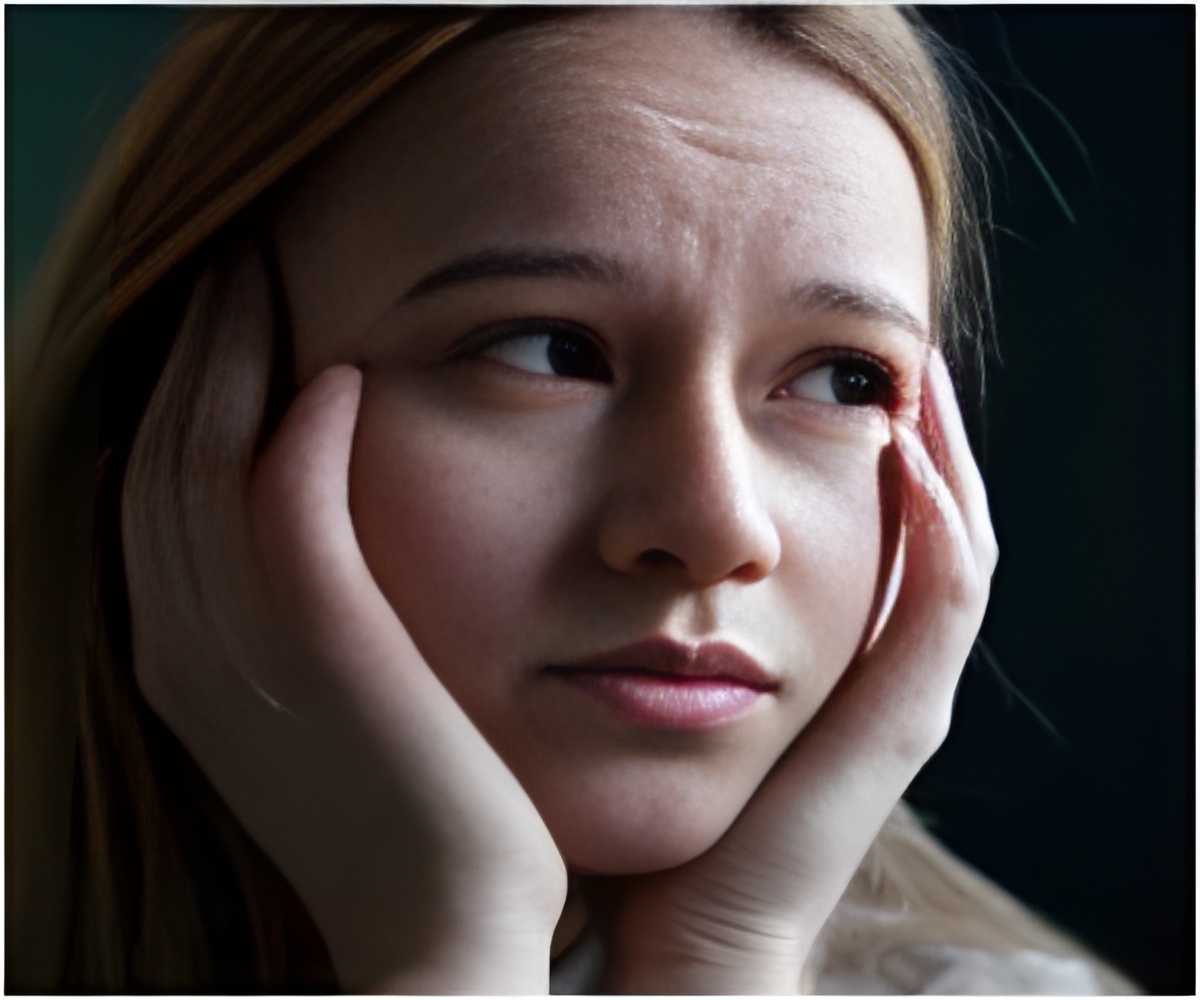Stress, pre-existing depression, and anxiety are more likely than hormone therapy to impact a woman's depression levels when undergoing in vitro fertilization (IVF), a new research has shown.

Bloch's research clarifies the involvement of different hormonal states as triggers for depression during IVF, both for long- and short-term protocols.
In the long-term IVF protocol, explains Bloch, women receive injections, which block ovulation, resulting in a sharp decline in estrogen and progesterone levels. This state continues for a two-week period before the patient is injected with hormones to stimulate ovulation, at which point the eggs are harvested and fertilized before being replanted into the womb.
The short-term IVF protocol, on the other hand, does not include the initial two-week period of induction of a low hormonal state.
Some gynaecologists believe that depression is more likely when a woman undergoes long-term IVF therapy because of those first two weeks of hormonal repression. But Bloch's research has demonstrated that the difference between the two different procedures is negligible - depression and anxiety rates for women who undergo the long protocol and those who undergo the short are exactly the same.
Bloch and his fellow researchers conducted a random assignment study, in which 108 women who came to the Sourasky Medical Center for IVF were randomly assigned to either the long- or short-term protocol. They were given questionnaires and interviews at the start of the therapy and at four other points during the IVF treatment.
Advertisement
"Once the patient begins ovulating, her estrogen rises to high levels. Then, after the ovum is replanted in her uterus, there is a precipitous drop in these hormonal levels," he explained.
Advertisement
Whatever the specific effect of hormones, during their study Bloch and his fellow researchers discovered that the stress and anxiety experienced during the treatment has a significant impact on patient depression rates.
When compared to a "normal" population, women undergoing IVF experience very high levels of anxiety and depression even before the treatment begins. As the protocol advances, explains Bloch, women experience increased anxiety about the success of the implantation.
Women who have a previous history of anxiety or depression disorders before the IVF treatment are even more susceptible, he says. This is likely due to the fact that these women are more emotionally vulnerable to the toll of the IVF process rather then increased reactivity to changing hormonal levels, Bloch says.
The study has been published in the Journal of Fertility and Sterility.
Source-ANI














